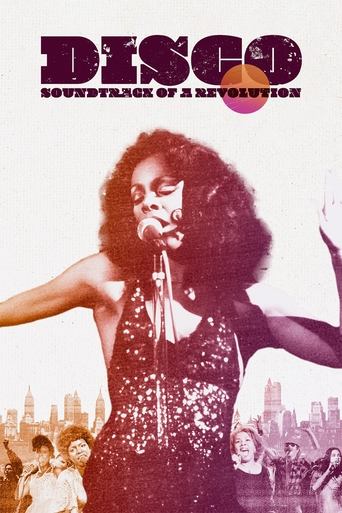
16 Dec 2023

Disco: Soundtrack of a Revolution
From the sweaty basement bars of 70s New York to the glittering peak of the global charts, how disco conquered the world - its origins, its triumphs, its fall and its legacy.
Captures an intimate's struggle for the right to love. Following a Ugandan transgender girl, forced to leave her country.

16 Dec 2023

From the sweaty basement bars of 70s New York to the glittering peak of the global charts, how disco conquered the world - its origins, its triumphs, its fall and its legacy.
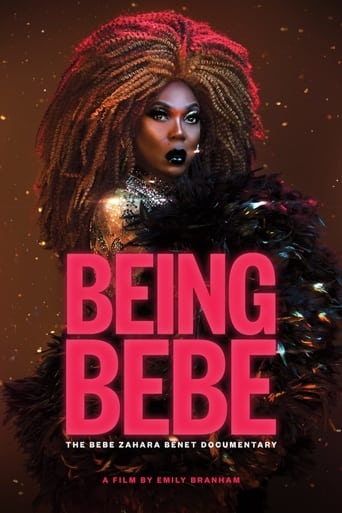
25 Jun 2021

The intimate journey and unpublished backstory of BeBe Zahara Benet – a charismatic drag performer originally from Cameroon, and the very first winner of the culture-changing phenomenon, RuPaul’s Drag Race. With over a decade of unprecedented access, we observe BeBe’s struggles with celebrity, authenticity, success, and failure.
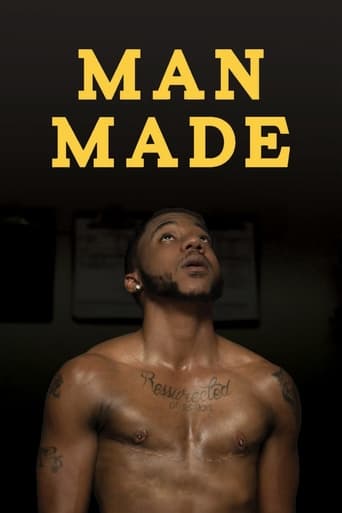
22 May 2018

From adoption and homelessness to navigating relationships and overcoming self-harm, the four transmen in MAN MADE all have something else in common: they are all bodybuilders. Through the lens of FTMFitCon, the world’s only FTM bodybuilding competition, we delve into the lives of Dominic, Rese, Mason, and Kennie as they define what it means to be a man while contextualizing that definition through the social, racial, and economic realities of their lives. For the men of MAN MADE, it’s not about winning—it’s about stepping on stage and being seen for everything they are.
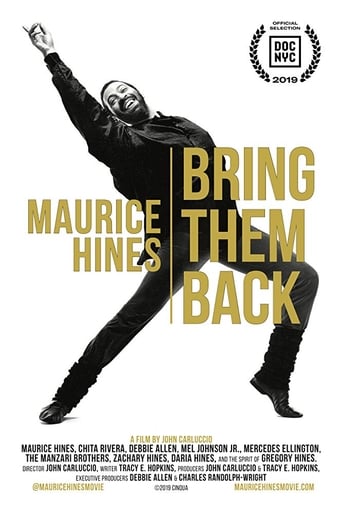
10 Nov 2019

Maurice Hines -- actor, director, singer, and choreographer -- navigates the complications of show business while grieving the loss of his more famous, often estranged younger brother, tap dance legend Gregory Hines.
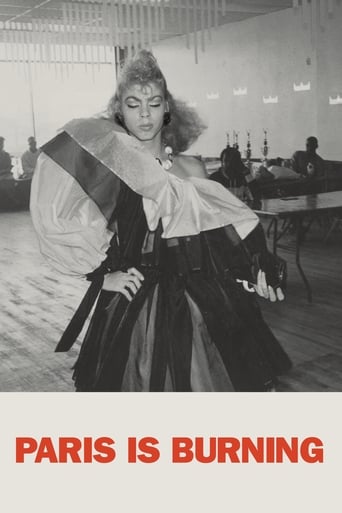
13 Mar 1991

Where does voguing come from, and what, exactly, is throwing shade? This landmark documentary provides a vibrant snapshot of the 1980s through the eyes of New York City's African American and Latinx Harlem drag-ball scene. Made over seven years, PARIS IS BURNING offers an intimate portrait of rival fashion "houses," from fierce contests for trophies to house mothers offering sustenance in a world rampant with homophobia, transphobia, racism, AIDS, and poverty. Featuring legendary voguers, drag queens, and trans women — including Willi Ninja, Pepper LaBeija, Dorian Corey, and Venus Xtravaganza.
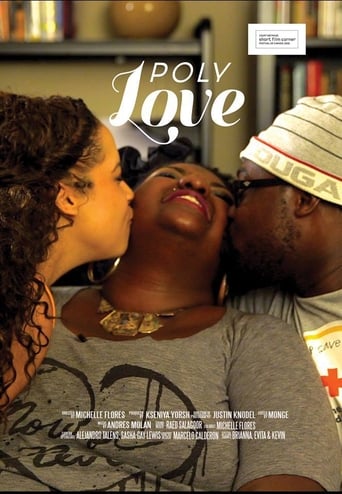
21 Jan 2016

A documentary that approaches polyamory from the intimate point of view of an Afro-American family who decided to live an authentic life without denying the option of diversity in their love and family.
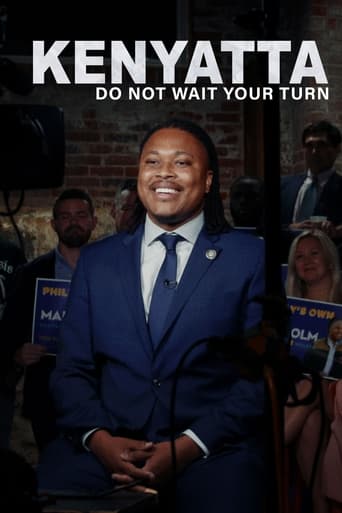
17 Mar 2023

An inspiring love story about a self-described “poor, gay, black man from North Philly” on his historic run for the United States Senate. But this race is about more than taking on the political competition. It’s about taking on an entire system.
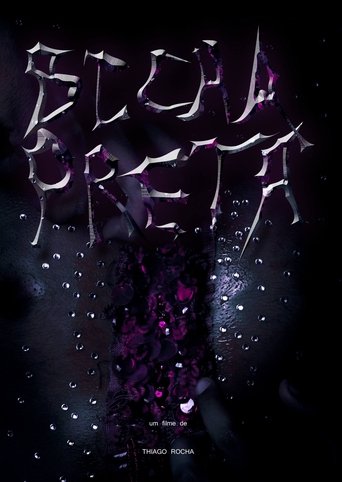
23 Jan 2017

A short film that gives voice and space for LGBTQIA+ blacks to express themselves freely, by reporting and documenting stories which are transformative for the viewer, proposing the correlation and criticism of two forms of social oppression: homophobia and machismo.
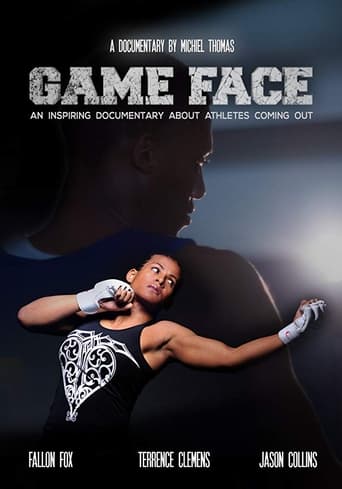
26 Apr 2015

Game Face shows the quest to self-realization of LGBT athletes and the acceptance in society. The film follows athletes during their coming out process, and sheds light on the obstacles LGBT sports players deal with throughout their career.
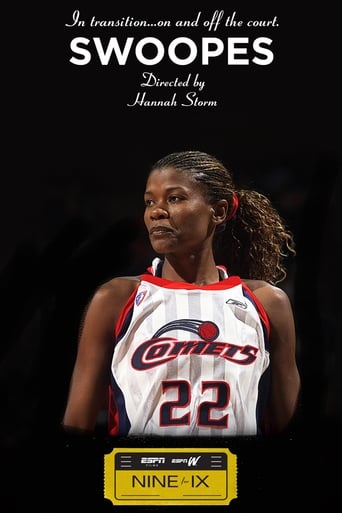
30 Jul 2013

Sheryl Swoopes famously has been labeled as the female Michael Jordan, but that's only part of the story. On the court, she was nearly as dominant as Jordan, winning a national championship with Texas Tech, three Olympic gold medals, three MVP awards and four consecutive championships with the Houston Comets of the WNBA, the league she helped start. She even had a Nike shoe named after her, the Air Swoopes. Off the court, she has had a life full of transitions. She gave birth to her son, Jordan, during the inaugural season of the WNBA. Later, she divorced her high school sweetheart and became the highest-profile athlete in her sport to acknowledge she was gay. She has struggled with love, money and personal identity, but has never lost her spirit. In this portrait, you will meet someone who is not your everyday superstar, but a woman who has defied a multitude of labels.
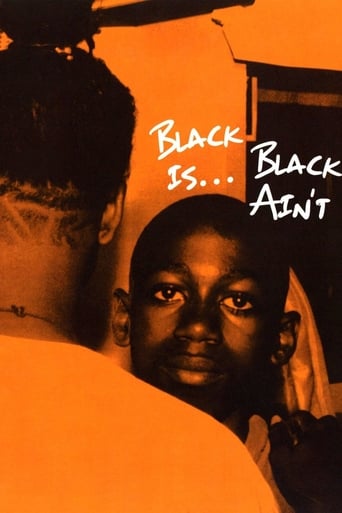
11 Oct 1995

African-American documentary filmmaker Marlon Riggs was working on this final film as he died from AIDS-related complications in 1994; he addresses the camera from his hospital bed in several scenes. The film directly addresses sexism and homophobia within the black community, with snippets of misogynistic and anti-gay slurs from popular hip-hop songs juxtaposed with interviews with African-American intellectuals and political theorists, including Cornel West, bell hooks and Angela Davis.
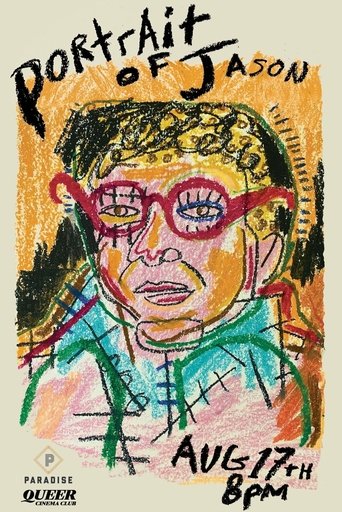
29 Sep 1967

Interview with Jason Holliday aka Aaron Payne. House-boy, would-be cabaret performer, and self-proclaimed hustler giving one man's gin-soaked, pill-popped view of what it was like to be black and gay in 1960s United States. Preserved by the Academy Film Archive in partnership with Milestone Films in 2013.
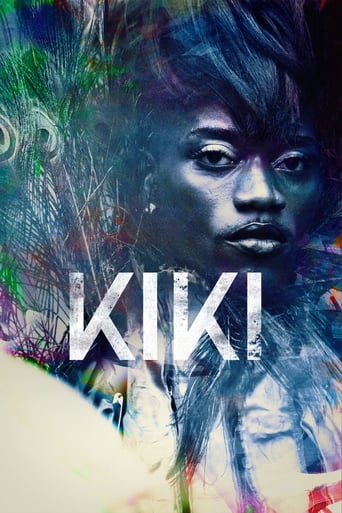
03 Apr 2016

25 years after Paris is Burning, we dive back into the fierce world of voguing battles in the Kiki scene of New York City, where competition between Houses demands leadership, painstaking practice, and performances on point. A film collaboration between Kiki gatekeeper, Twiggy Pucci Garçon, and Swedish filmmaker Sara Jordenö, we’re granted exclusive access into this high stakes world, where tough competitions act as a gateway into the daily lives of LGBTQ youth of color in NYC. The new generation of ballroom youth use the motto, “Not About us Without Us”. Twiggy and Sara’s insider-outsider approach to their stories breathes fresh life into the representation of a marginalized community who demand visibility and real political power.
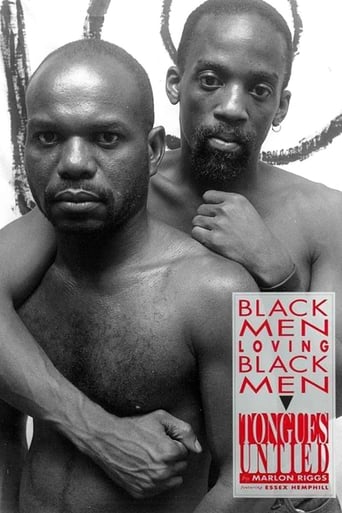
16 Mar 1990

Marlon Riggs, with assistance from other gay Black men, especially poet Essex Hemphill, celebrates Black men loving Black men as a revolutionary act. The film intercuts footage of Hemphill reciting his poetry, Riggs telling the story of his growing up, scenes of men in social intercourse and dance, and various comic riffs, including a visit to the "Institute of Snap!thology," where men take lessons in how to snap their fingers: the sling snap, the point snap, the diva snap.
21 Jul 2007
Rise Up And Shout! tells the story of four generations of creative gay voices in Los Angeles who unite to create a theatrical showcase for gay youth on September 9, 2006. In the process, a unique community is created made up of young and old, black and white, shy and loud -- including an 83 year-old priest and an 18 year old former prostitute and poet.
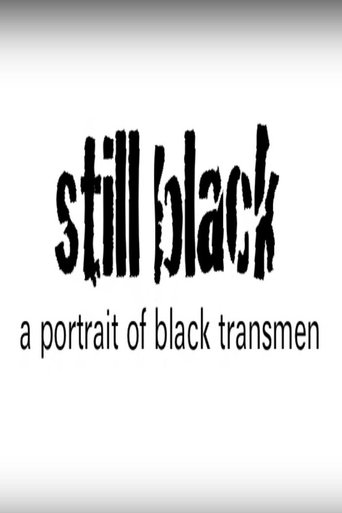
15 Nov 2008

Frequently marginalized within a community that already struggles against marginalization -- that is, the gay, lesbian and bisexual community -- African American transgender males make their voices heard in this film from Kortney Ryan Ziegler. Six articulate black transmen -- who are also artists, students, husbands, fathers, lawyers and teachers -- speak candidly about race, gender, body image and status.
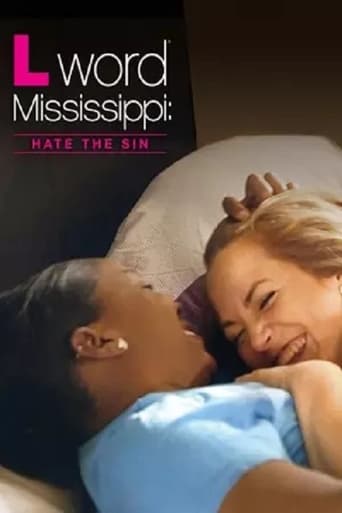
08 Aug 2014

Gay women living in the Deep South of the United States share stories of the bigotry, sexism, intimidation, and racism that confronts them in a part of the country known for its culture of Christian conservatism.
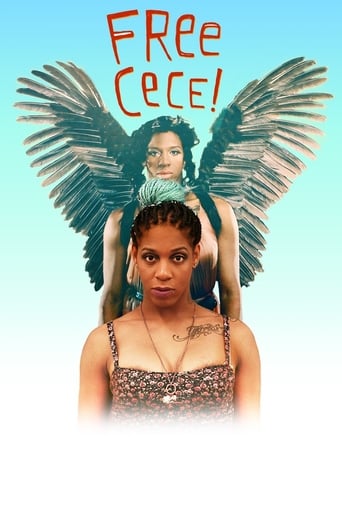
03 Jun 2016

This film confronts the culture of violence surrounding trans women of color. It is told through the voices of Laverne Cox and Cece McDonald.
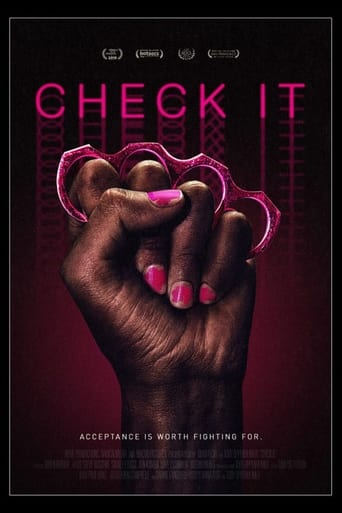
16 Apr 2016

Fed up with being pushed around, a group of gay and trans teens of color form a gang and fight back on the brutal streets of Washington D.C. They call their gang ‘Check it’ and this group of one-time victims of bullying, rape and abuse have turned the tables on anyone trying to hurt them. The group formed to provide its members safety in numbers and let people know that if they jump a queer kid in D.C., they may get beaten into a coma. This raw and intimate portrait follows three childhood friends as they struggle to survive and claw their way out of gang life through an unlikely avenue: fashion.
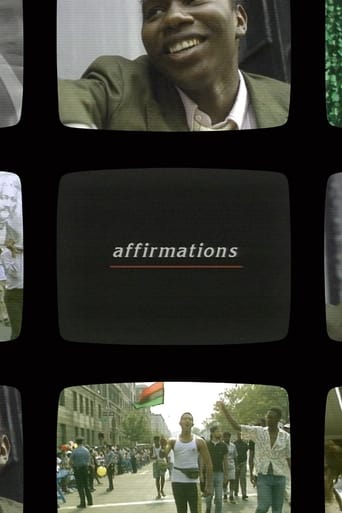
23 Jun 1990

A look at what it's like to be gay and black in America.